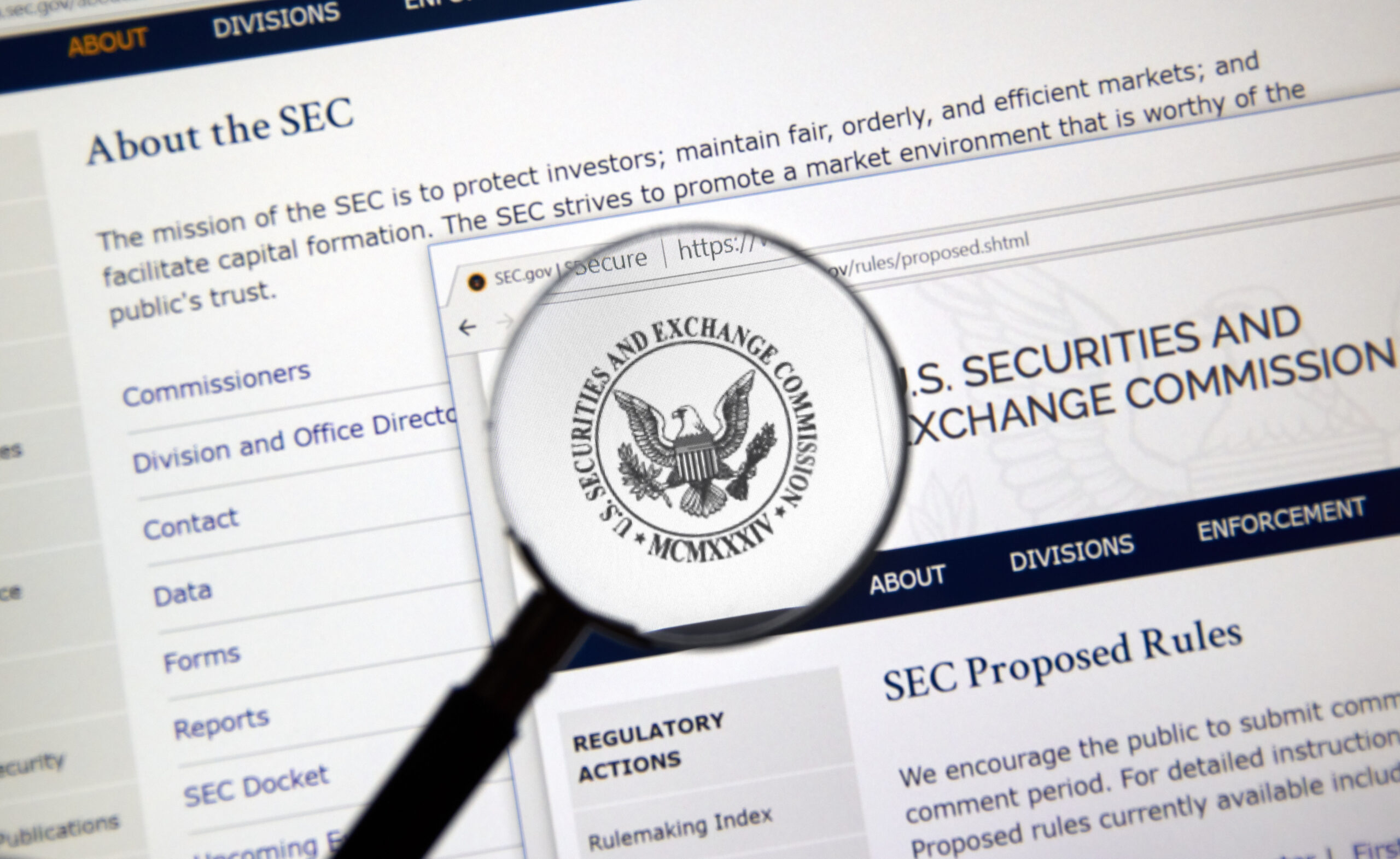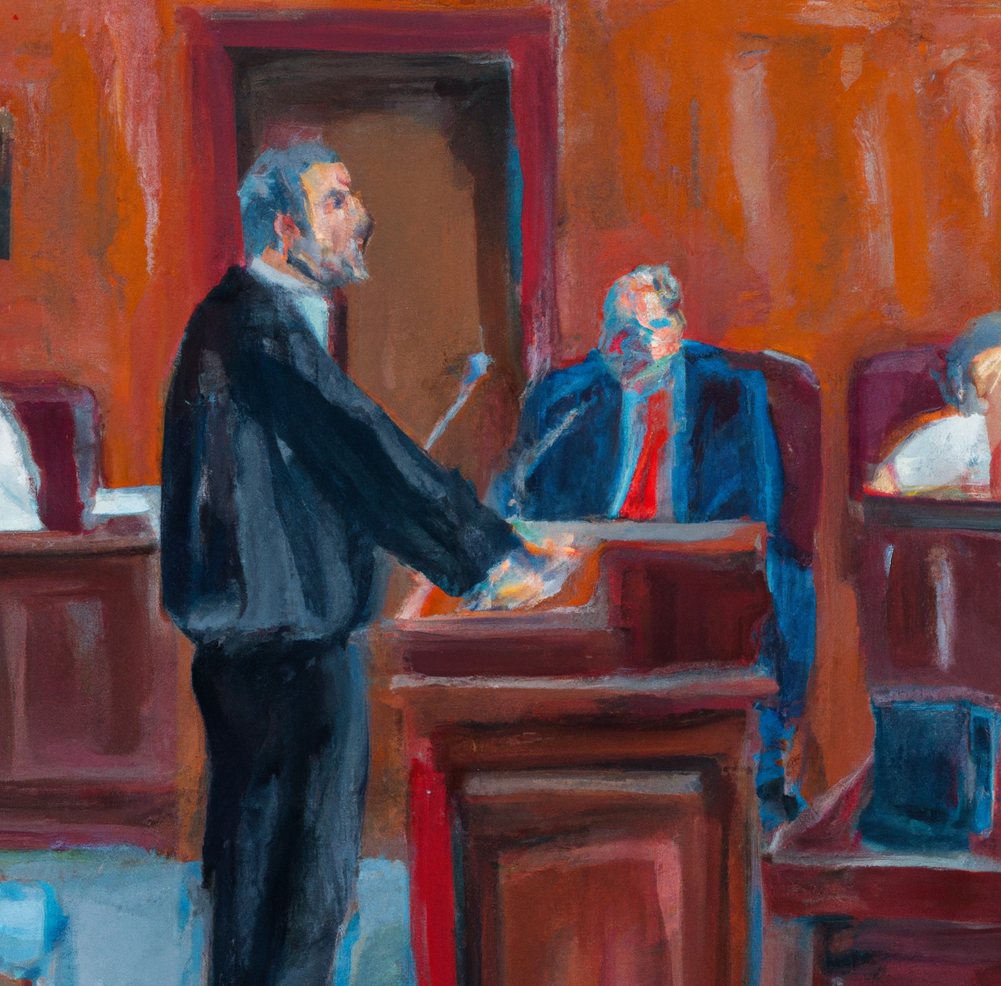The world of securities and financial markets can be a minefield for businesses and individuals alike. Navigating the complex regulations and enforcement actions by the Securities and Exchange Commission (SEC) can be challenging, especially when faced with an SEC investigation. As you embark on this journey, it is crucial to understand the intricacies of SEC investigations, your legal rights, and how to protect your interests.
In this comprehensive guide, we will delve into the fundamentals of SEC investigations, the investigation process, legal rights and representation, Wells Notices, enforcement actions, proactive compliance measures, and real-life case studies. Prepare yourself for a deep dive into the often-unfamiliar territory of SEC investigations and arm yourself with the knowledge to tackle any challenges that may arise.
Key Takeaways
- Understand the fundamentals and process of SEC investigations to take appropriate action.
- Be aware of common reasons for investigation, know your legal rights and representation options, and respond promptly to subpoenas or requests for information.
- Proactively manage risks by preserving documents, maintaining personnel awareness & engaging legal counsel if necessary.
The Fundamentals of SEC Investigations

The SEC plays a crucial role in maintaining the integrity of the financial markets and enforcing federal securities laws. Its primary responsibility is to protect investors from fraudulent activities and ensure that the markets remain transparent and fair.
However, at times, this mission can result in complex investigations targeting businesses and individuals for alleged securities law violations. SEC investigations can range from informal inquiries to formal investigations, with the potential for enforcement actions such as civil lawsuits in federal district court, administrative proceedings, or even criminal prosecution in cases of securities law violation.
Given the potentially significant consequences of an investigation for the parties involved, grasping the process, your rights, and strategies for navigating an SEC investigation is of great importance.
The Role of the SEC
The SEC is tasked with safeguarding investors from fraudulent activities in the securities market and enforcing securities laws. The enforcement division, known as the Division of Enforcement, carries out this mission by conducting SEC investigations, which often involve private inquiries and the development of facts through informal interviews and inquiries.
During an investigation, the SEC may utilize various resources and professionals, such as forensic accountants, economists, and securities law specialists, to evaluate the data collected, including reviewing trading data. The outcome of a sec’s investigation can result in civil litigation, administrative settlements, or referrals to other regulatory and law enforcement entities.
Common Reasons for SEC Investigations
From unregistered securities offerings and insider trading to accounting discrepancies, negligence, market manipulation, and fraud, the SEC investigates a diverse array of matters. These investigations can spring from a variety of sources such as:
- Market surveillance activities
- Whistle-blowing tips
- Investor complaints
- Other SEC divisions and offices
- FINRA (self-regulatory organization)
- News reports
The Commission may open a formal investigation if the alleged violations have resulted in considerable damage to investors or the integrity of the markets. It’s crucial to understand the common reasons for SEC investigations and be prepared to address any potential issues that may arise during the process.
Navigating the SEC Investigation Process

The SEC investigation process can be a complex and challenging experience for those under scrutiny. It involves various stages, from informal inquiries to formal investigations, and requires the party under investigation to respond to subpoenas and requests for information. Understanding the process of an SEC investigation, the different types of investigations, and how to respond to subpoenas and requests for information can help mitigate risks and protect your interests.
This section will explore the contrasts between informal and formal SEC investigations and provide insights on how to handle subpoenas and information requests amid the investigation process.
Informal vs. Formal Investigations
Informal investigations are preliminary inquiries conducted by the SEC staff to gather information and evaluate the situation. Investigations often look into more than one aspect and require information from the subject of the investigation as well as additional sources. Whistleblowers can be particularly useful in these cases. Informal investigations serve as the initial step in the SEC’s enforcement process and can help the agency determine whether further action is necessary.
On the other hand, formal investigations are initiated by the SEC’s Division of Enforcement through a formal order of investigation and involve the use of subpoena power. These investigations focus on more serious matters and grant the SEC staff a broad range of authority to investigate the alleged misconduct, including the ability to administer oaths, subpoena witnesses, and compel the production of documents.
Responding to Subpoenas and Requests for Information
Being served a subpoena or an information request from the SEC can be overwhelming. Prompt responses and seeking legal representation are key to understanding your rights and obligations throughout the investigation process.
When responding to subpoenas and requests for information, it is crucial to maintain all documents and records related to the investigation, including sec files. Engaging a compliance consultant to assist in responding to the request may also be beneficial. The manner in which you respond to the SEC’s requests can have a significant impact on the outcome of the investigation and the potential enforcement actions that may follow.
Legal Rights and Representation During an SEC Investigation

Understanding your legal rights and representation during an SEC investigation is critical. The right to counsel is an essential aspect of the investigation process, as it allows you to have legal representation during formal investigative proceedings. Additionally, the use of proffer agreements and cooperation with the SEC can assist individuals under investigation in reducing risks and safeguarding their interests.
This section delves into:
- The right to legal representation during an SEC investigation
- The use of proffer agreements
- The benefits of cooperating with the SEC to protect your interests and lessen potential risks.
The Right to Counsel
Individuals under investigation by the SEC have the right to be accompanied, represented, and advised by legal counsel during the investigation process. This allows those under investigation to have a legal representative present during the investigation to provide legal advice and safeguard their rights.
Having legal representation during an SEC investigation can offer various advantages, such as safeguarding your rights, gaining an improved comprehension of the process, and preparing for any potential results. It is strongly advised to seek the counsel of a qualified SEC defense attorney as soon as possible when facing an SEC investigation.
Proffer Agreements and Cooperation with the SEC
Proffer agreements are arrangements between a witness and the SEC, where the witness provides information and evidence to the SEC in exchange for potential advantages of cooperation. A witness may be motivated to enter into a proffer agreement with the SEC to open a dialogue regarding the potential benefits of collaboration in relation to an investigation or proceeding.
Cooperation with the SEC during an investigation can also have significant benefits. By providing valuable information and demonstrating a willingness to cooperate, individuals under investigation may be able to negotiate more favorable outcomes, such as reduced charges or penalties.
Wells Notice and Enforcement Actions

A Wells Notice is a formal notification from the SEC, indicating that a possible enforcement action may be taken against the recipient and providing an opportunity to respond to the allegations. Understanding the Wells Notice and the various types of SEC enforcement actions is essential in navigating the complex world of SEC investigations.
This section unpacks the Wells Notice and elaborates on the various enforcement actions that the SEC can undertake against a firm or individual under investigation.
Understanding the Wells Notice
A Wells Notice is a formal notification from the SEC, providing the recipient with an opportunity to respond to potential enforcement action allegations. It is critical to consider the seriousness of the allegations, the probability of success, and the possible repercussions of an enforcement action when responding to a Wells Notice.
It is highly advisable to consult with a knowledgeable securities lawyer before submitting a Wells Submission, as it will be regarded as an admission of whatever is stated in the document. A poorly constructed response to a Wells Notice could have serious consequences, making it crucial to seek legal counsel prior to responding.
Types of SEC Enforcement Actions

The SEC can take various enforcement actions against a firm or individual under investigation, ranging from civil or administrative action to:
- Criminal enforcement
- Civil injunctive actions in federal court
- Administrative proceedings
- Cease and desist orders Once the SEC decides on the appropriate course of action.
It is important to understand the different types of enforcement actions the SEC can take, as the potential consequences can have a significant impact on the outcome of an investigation. With the help of experienced legal counsel, individuals and companies under investigation can navigate the complexities of SEC enforcement actions and work towards a favorable outcome.
Mitigating Risks and Protecting Your Interests During an SEC Investigation

During an SEC investigation, it is essential to take proactive measures to protect your interests and mitigate potential risks. Implementing robust compliance programs, managing public relations, and maintaining a positive reputation are all crucial aspects of navigating an SEC investigation.
This section highlights the significance of proactive compliance measures, effective management of public relations and reputation during an SEC investigation, and how these strategies can help limit potential damage and safeguard your interests.
Proactive Compliance Measures
Implementing robust compliance programs and internal controls can help prevent SEC investigations and mitigate potential risks. These proactive measures include:
- Properly preserving and filing all documents and records pertinent to the investigation
- Ensuring that all personnel involved in the investigation are cognizant of their rights and obligations
- Having the legal advice required to manage the investigation process
By implementing these measures, you can effectively prevent SEC investigations and minimize potential risks.
By taking preemptive compliance action during an SEC investigation, you can safeguard your interests and reduce risks, ultimately leading to a more favorable outcome.
Managing Public Relations and Reputation
Effectively managing public relations and maintaining a positive reputation is crucial during an SEC investigation to minimize potential damage. Engaging a public relations firm to help manage the public perception of the investigation is advisable, as is consulting legal counsel to assist in navigating the investigation process.
Managing relationships with key stakeholders, such as investors, customers, and business partners, is also essential during an SEC investigation. Providing support and guidance to employees, monitoring social media, and rebuilding trust once the investigation is concluded can all contribute to protecting your reputation and interests during this challenging time.
Real-Life Case Studies of SEC Investigations

Although we cannot provide specific case studies of SEC investigations at this time, it is important to acknowledge the complexities and potential outcomes of such cases. Each investigation is unique, and the outcome can significantly impact the individuals and businesses involved. Understanding the SEC investigation process and the potential consequences is essential for preparing an effective defense and minimizing the risk of an unfavorable outcome.
When confronted by an SEC investigation, swift action and securing experienced securities fraud defense counsel is vital. Proactively tackling potential issues, cooperating with the SEC, and managing public relations and reputation can all aid in achieving a more favorable outcome in an investigation.
Remember, the ramifications of not scheduling a consultation with an experienced SEC defense lawyer when under investigation can be severe. An SEC defense lawyer can help identify the information that needs to be disclosed, offer counsel on how to handle the SEC investigation, and strive to safeguard your rights.
Summary
In conclusion, navigating the world of SEC investigations can be a challenging and complex process. Understanding the fundamentals of SEC investigations, the investigation process, legal rights and representation, Wells Notices, enforcement actions, proactive compliance measures, and managing public relations and reputation is crucial to protecting your interests and mitigating potential risks.
Armed with the knowledge provided in this comprehensive guide, you can better understand the intricacies of SEC investigations and be prepared to tackle any challenges that may arise. Remember, seeking the counsel of a qualified SEC defense attorney is essential when faced with an SEC investigation, as their expertise can help you navigate the complexities of the process and work towards a more favorable outcome.
Although SEC investigations can be daunting, with the right guidance and proactive measures, you can minimize potential damage and protect your interests during this challenging time. Stay informed, engage experienced legal counsel, and take control of your situation to emerge stronger and more resilient in the face of adversity.
Frequently Asked Questions
What is an SEC investigation?
The SEC’s Division of Enforcement is responsible for investigating potential violations of securities law, such as unregistered offerings, insider trading, fraud and market manipulation.
How do I find SEC investigations?
To find SEC investigations, visit the Enforcement page on SEC.gov and use the “Search Litigation Materials” feature located at the bottom of the page.
Does the SEC do criminal investigations?
Yes, the SEC does conduct criminal investigations as part of its civil enforcement authority, often working in conjunction with law enforcement agencies in the U.S. and abroad to pursue criminal charges when appropriate.
Are SEC investigations civil or criminal?
SEC investigations are primarily civil in nature, although they can be the basis for potential criminal enforcement. The Commission is responsible for initiating civil and administrative action if evidence of securities fraud is uncovered.
How serious is an SEC investigation?
An SEC investigation can be serious and have severe consequences; the SEC may take enforcement action such as filing a lawsuit or seeking a court order for restitution.


